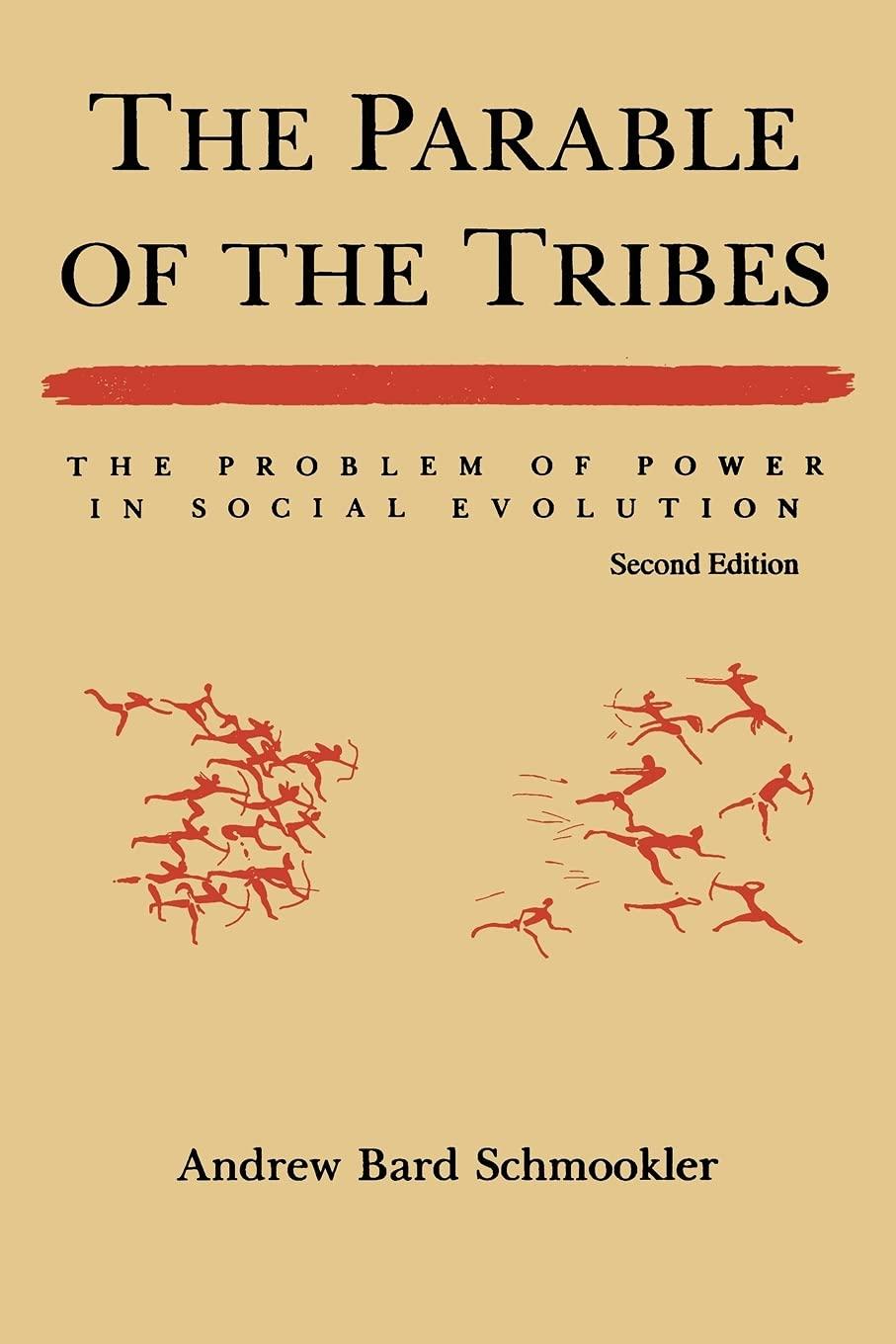So, you hear folks talking about understanding big, important documents, like how the government is supposed to work, and they make it sound like it’s all straightforward. Let me tell you, from my own little adventure, it’s anything but. Especially when you try to dig into what the real smart folks are saying, guys like this Richard Primus I stumbled upon.

My First Brush with the Big Ideas
It all started when I was trying to get a grip on some arguments I kept hearing online and on the news. Stuff about what old texts really mean today. Sounded important, you know? Someone mentioned Primus, said he had some solid points. So, I thought, alright, let’s give this a shot. What’s the worst that can happen? Famous last words, right?
I went online, did some searching. Found a few articles he wrote, maybe a video of him talking at some university. I figured, okay, I’m a reasonably smart guy, I can follow along. I sat down, started reading, or listening, I forget which one was first. And boy, oh boy.
The Deep Dive – Or More Like a Tumble
My first pass? It was like trying to read a map in a language I didn’t quite know. Some words were familiar, but the way they were put together, the concepts he was building… phew. I had to stop, reread sentences. Sometimes whole paragraphs. It wasn’t like he was trying to be complicated just for kicks, it felt like the subject itself was just a beast.
I remember thinking, “Okay, this is what actual scholarship looks like.” It’s not just opinions; it’s layers of argument, looking at things from all sorts of angles. I’d think I got a handle on one point, then he’d introduce a counter-argument or a nuance, and my brain would just go, “Hold up, we need to process that.”

- First, I tried to just get the gist. Didn’t work too well.
- Then, I tried taking notes. My notes looked like a confused spider walked across the page.
- Finally, I just decided to pick one small piece he talked about and really try to chew on it.
Trying to Make it Make Sense
There was this one idea, I won’t even try to explain it properly because I’d butcher it, but it was about how we look at the past to understand the present. And it wasn’t as simple as “they said X, so we do X.” It was more about the how and why they said it, and what that means for us now, with all our different problems and contexts.
I actually tried to bring up something I thought I’d picked up from Primus in a discussion with a friend. Let’s just say it didn’t go smoothly. I think I ended up confusing both of us. My friend was like, “What are you even talking about?” And I realized, yeah, understanding this stuff is one thing, explaining it is a whole other ball game.
It’s not like I suddenly became a constitutional expert or anything. Far from it. But wading through Primus’s work, even getting tangled up in it, kind of showed me the sheer depth of these topics. It’s not black and white, not by a long shot.
Where I Landed (For Now)
So, my “practice” with Richard Primus wasn’t about building something or fixing a bug. It was about trying to stretch my own brain. It was frustrating at times, made me feel a bit thick, honestly. But it also opened my eyes to how complex these really important subjects are. It’s a bit like climbing a mountain; you see the peak, you start walking, and then you realize there are a whole lot of rocks and tricky paths you didn’t see from the bottom.

I wouldn’t say I’ve “mastered” anything from him. But the process of engaging with his ideas, that was the real takeaway. It makes you think harder, and maybe that’s the whole point. Still got a long way to go, but it was a start.



